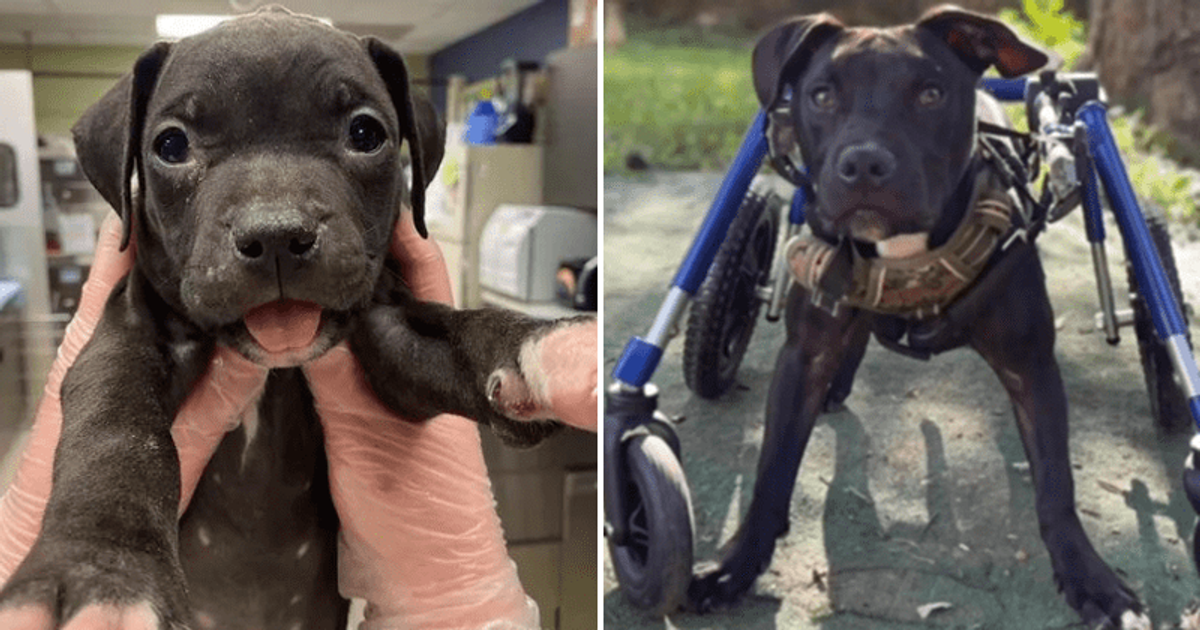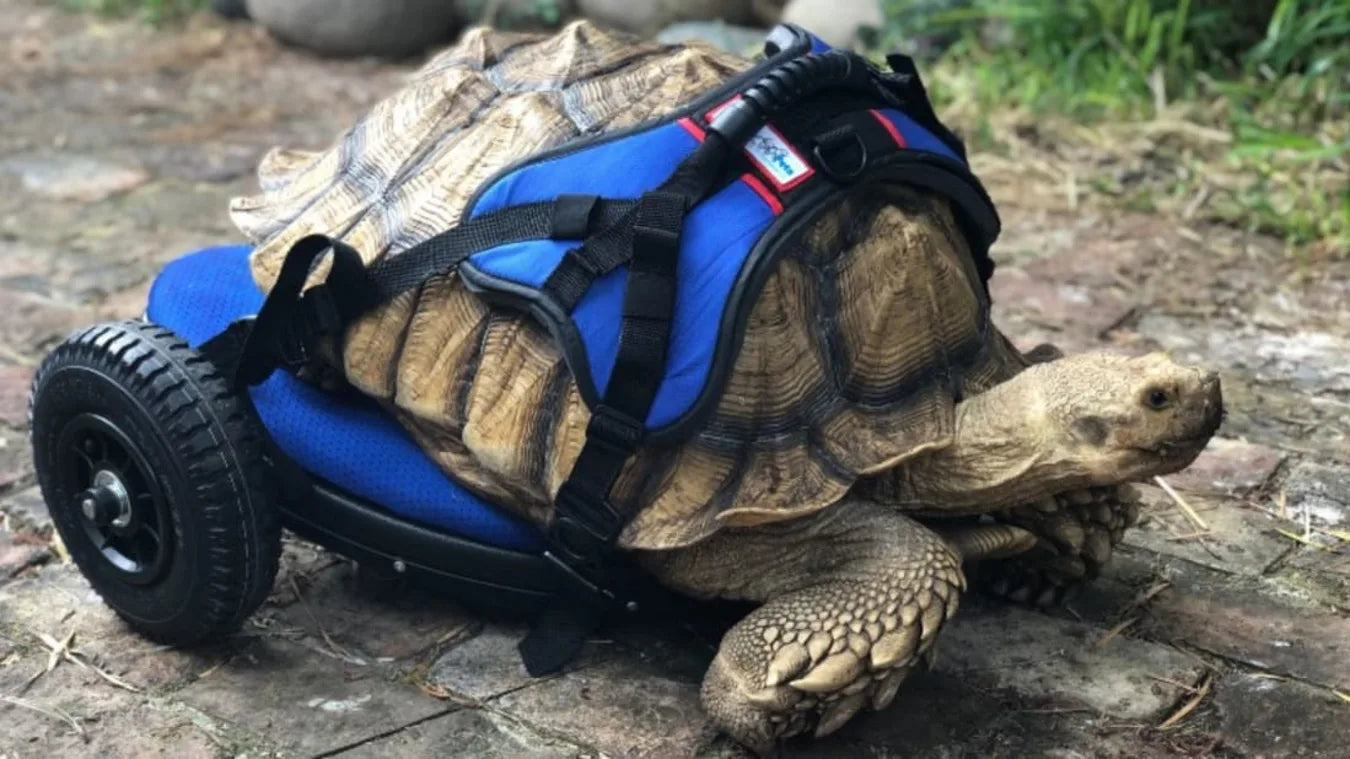Sit Down Dog Wheelchairs

Why Do Dogs Eat Grass?
That moat of grass surrounding your house? You call it a lawn, but to your dog, it’s a magnificent crop of canine cabbage. It’s lettuce for Lassie, salad for Snoopy, new greens for Old Yeller. Sure, rolling in it is fun, but scarfing it down is irresistible!
In a survey by a major pet food manufacturer, 79% of dog owners said their dog eats grass. Why? Are they going vegan? More importantly, is it safe? Do you need to call the vet? Should you try to stop your dog from satisfying some strange herbivore obsession? Let’s take them one by one.
A Doggone Weird Instinct

Maybe it shouldn’t be that surprising that grass is on your dog’s menu. Veterinarians suspect it’s been there for thousands of years, and canines in the wild today are often observed eating grass. Embedded somewhere in doggy DNA, there may be instructions on what to do in case of an upset stomach. The grass tickles the throat to induce vomiting, purging whatever was causing the problem. That’s one theory, anyway.
Another is that they’re grazing to make up for some nutritional deficiency. That’s a tougher one for many dog owners to swallow as they watch their dogs swallow the high-quality and well-balanced foods that fill their bowls. Dogs can get stressed out or bored, and grass munching may be a relief mechanism. Finally, they may just like the taste and texture of grass. We tend to think of dogs as carnivores, but they’re closer to omnivores, adapted to eating both meat and plants. Still, for many dog owners, it’s disconcerting to see their canine companion acting more like they should be out in the pasture than inside the house.
Is It Safe for Dogs to Eat Grass?
For a pet owner, nothing is more important than the health and safety of a beloved animal companion, no matter their stage of life or what physical challenges they may face.
The good news about grass eating is that, as strange as it looks, it’s probably not going to cause your dog any harm. That doesn’t mean you shouldn’t be vigilant. Pesticides and fertilizers can be very dangerous for a dog with a taste for grass. You need to know the ingredients of the lawn care products you use. Pet-safe weed killers and fertilizers not only keep your dog from harm, they should also make you less anxious when you see your dog chow down on the yard.
When to See the Vet
The first reaction to seeing your dog retch after eating grass may be to wonder if you need to call the vet. Probably not, unless you see a pattern of repeated vomiting. That could be a sign of underlying illness, especially if it’s accompanied by weight loss, diarrhea, and a decreased appetite. With animals, it can be difficult to know what constitutes “normal” behavior, so if you’re concerned, it may be worth a call to the vet to set your mind at ease.
Training Options
In the long story of Dog versus Lawn, dog owners have searched for ways the two can peacefully coexist. One of the great things about dogs is that they readily accept training that modifies or eliminates behavior that can be troubling or dangerous. If your dog’s grass-eating habit is a genuine source of concern, you can train your dog to go easy on the grass. Usually, it’s a simple matter of bringing your dog’s focus back to you instead of that grassy chew toy you call a yard. Keep its mind busy and stimulated, have treats handy to reward the behavior you want to see. You may need a bit of training yourself because you’ll need to have a consistent approach that requires more of your own time and attention. That shouldn’t be a burden. Who doesn’t want to spend more quality time playing in the backyard with a cherished friend?
Janine Macallister is a veterinarian’s assistant who loves to travel and hike and insists on taking her Siberian husky with her on all vacations. Her RV is fitted with a special seat belt harness and bed just for Dolly, who knows the rules of the road.









